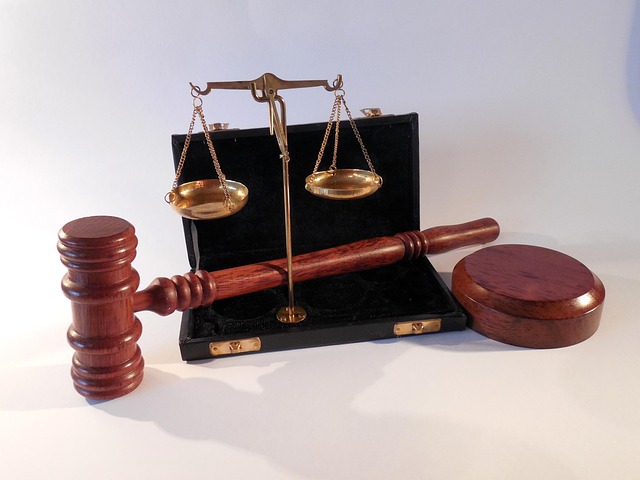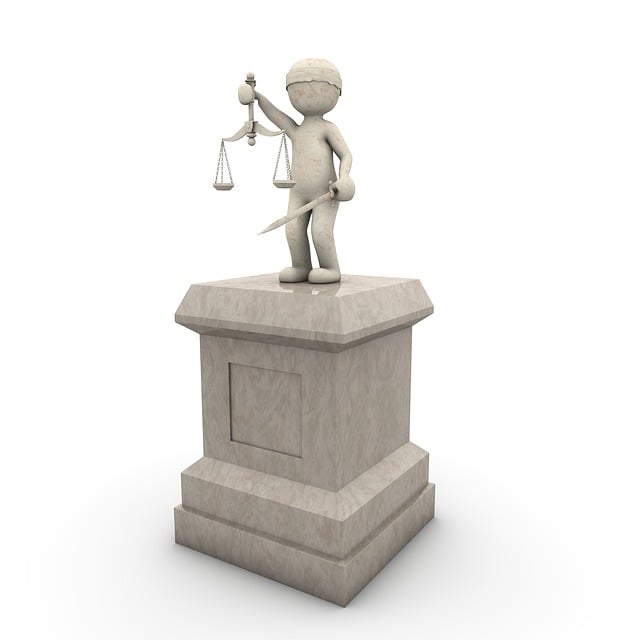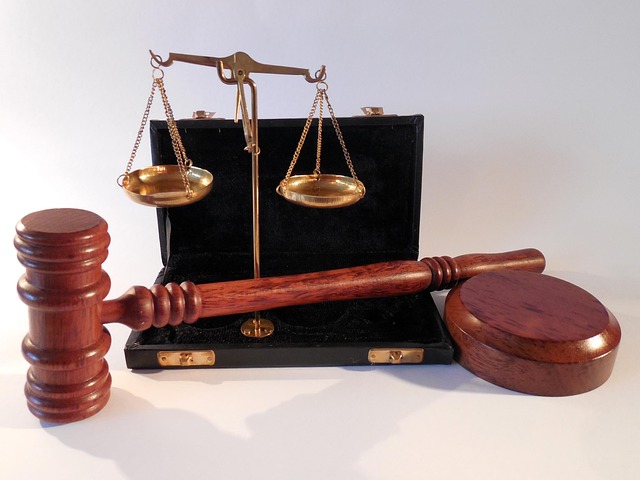Environmental Crime Trials leverage Cartel Investigation Procedures and Penalties to expose and prosecute white-collar crimes harmful to the planet. These trials are deterrents through strategic legal approaches, expert analyses, and evidence collection, including forensics and satellite imagery. Penalties aim to compensate for ecological damage and discourage future offenses, with restorative justice gaining prominence. Defense strategies require understanding regulatory frameworks and scientific evidence to ensure fairness.
“Environmental Crime Trials: Uncovering Ecological Offenses and Holding Culprits Accountable
This article delves into the critical domain of environmental crime trials, exploring how legal systems tackle ecological offenses. We dissect the intricate process, from understanding cartel investigations and their unique challenges to examining advanced evidence collection methods. Furthermore, we analyze penalties and restorative justice measures, shedding light on their role in deterring future harm.
Key topics include cartel investigation procedures, evidence-gathering techniques, and the subsequent penalties, offering a comprehensive guide to this vital aspect of environmental justice.”
- Understanding Environmental Crime Trials
- Legal Framework for Cartel Investigation
- Evidence Collection and Forensic Techniques
- Penalties and Restorative Justice Measures
Understanding Environmental Crime Trials

Environmental Crime Trials delve into the complex web of illegal activities that harm our planet, from pollution to habitat destruction. These trials serve as a crucial mechanism for holding individuals and corporations accountable for their actions, utilizing Cartel Investigation Procedures and Penalties as a cornerstone. They aren’t simply about punishment; they aim to deter future offenses by sending a clear message: environmental degradation will not be tolerated.
These cases often involve meticulous investigation of financial records, expert analysis of environmental impact, and legal strategies tailored to the unique nature of white collar and economic crimes. Whether focusing on corporate malfeasance or individual negligence, the goal is to ensure justice is served. For his clients, whether corporate or individual, these trials present a chance to confront consequences while also pushing for meaningful environmental protection and restoration.
Legal Framework for Cartel Investigation

The legal framework for cartel investigation is a complex web designed to unravel and penalize illegal agreements that stifle competition in the marketplace. These investigations, often led by specialized agencies like the Department of Justice or equivalent bodies across the country, involve meticulous procedures aimed at gathering solid evidence against perpetrators. The process typically starts with an in-depth analysis of market trends and industry practices, followed by the identification of potential cartel members through data and witness testimony.
Once a reasonable suspicion is established, law enforcement initiates a detailed investigation, employing surveillance, document searches, and interviews to piece together the extent of the conspiracy. The use of informants and former insiders plays a crucial role in revealing the inner workings of these illicit networks. This robust approach not only facilitates winning challenging defense verdicts but also underscores the commitment to upholding fair trade practices, ensuring that white-collar crimes do not go unpunished across the country.
Evidence Collection and Forensic Techniques

Environmental crime trials often hinge on meticulous evidence collection and forensic techniques. Investigations into pollution, illegal logging, and other eco-crimes require specialized knowledge to uncover and document tangible and intangible proof. Forensics experts play a crucial role in analyzing soil samples, water bodies, and even digital traces left by perpetrators. These methods not only help in identifying the scope of environmental damage but also serve as key pieces in cartel investigation procedures and penalties.
The use of advanced technologies like satellite imagery, DNA analysis, and data forensics ensures that justice is served accurately. In cases involving white collar defendants, these techniques can shed light on hidden operations within philanthropic and political communities. However, a strong foundation in evidence collection remains critical, as the outcome of such trials can lead to a complete dismissal of all charges if procedural errors are made or if forensic evidence is found wanting.
Penalties and Restorative Justice Measures

In environmental crime trials, penalties are designed to deter future violations and compensate for the harm caused. Cartel investigation procedures play a crucial role in uncovering and prosecuting these crimes, which often involve complex networks of corporations and individuals. The severity of punishments can vary greatly depending on the nature and extent of the offense, with potential fines reaching millions of dollars. Restorative justice measures are increasingly being incorporated into these cases, focusing not only on penalizing wrongdoers but also on healing communities affected by environmental degradation.
Beyond traditional general criminal defense strategies, successful advocacy in these trials requires a nuanced approach that accounts for the unique challenges posed by corporate and individual clients. Skilled attorneys must navigate complex regulatory landscapes and scientific evidence to build compelling defenses. By employing creative legal arguments and leveraging their expertise in winning challenging defense verdicts, lawyers can ensure fairness and protect the rights of all parties involved while also promoting accountability for environmental crimes.
Environmental crime trials play a crucial role in combating the growing threat of ecological destruction caused by illegal activities. By understanding the legal framework, employing advanced evidence collection techniques, and considering restorative justice measures, these proceedings can serve as powerful deterrents against environmental cartels. Implementing robust cartel investigation procedures ensures accountability and delivers justice, ultimately fostering a more sustainable future for all.






